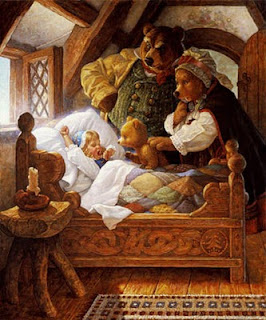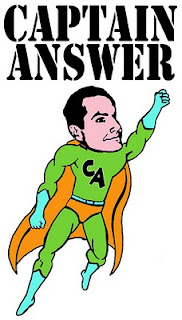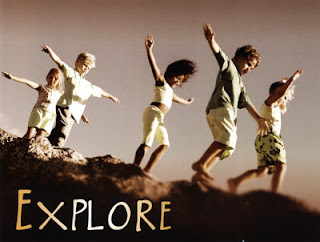Right there I got a little smaller. My dimensions didn't change, nor the room's, but my size in relation to my ancestry, time scale, and universe had vastly changed. It was much akin to the sensation of looking out a plane and seeing, perhaps, not my own house, but the tens of thousands like it and feeling, well, like jack-crap, puny, insignificant and somewhat humiliated that I ever thought otherwise.
It isn't the first time one of these revolutions has happened.
Eratosthenes noticed the differing angles of shadows at high noon in wells and measuring rods. From that he calculated that the world was round. There was a whole other side to it that he knew nothing of! Was there anything there or was it completely void since everything would fall off? Eratosthenes, too, got a little bit smaller.
Galileo, as is familiar to many, noticed the moons of other planets orbiting something other than the earth - Jupiter. Could it be that not everything revolved around the earth? Could it be, in fact, quite the opposite? Perhaps we were the revolving one. The solar system got a little bigger and Galileo got a little bit tinier.
Columbus was headed for the Orient when something got in his way--the "West Indies." There were two whole continents that had previously been unaccounted for. We were quite a bit smaller than had been anticipated.
Darwin, after circumnavigating the entire globe sampling from seemingly every corner of the world, realized that everything living today came from very different living things in the past. Things change. We change. We changed. Like climbing altitude in a plane we can trace the unbroken chain of life all the way back to simple enzymes and RNA trapped in a lipid bubble.
And we get smaller.
Or, does our world just get larger?
Sitting in that hospital room I don't think I got smaller. The universe got bigger. With every discovery, with every unanswered question answered, with each intrepid person that will dare to question, seek and ask our universe gets a little bit more amazing and grandiose. So, the next time you feel puny and insignificant looking out the window of a plane or standing before some personal existential truth remember that crushing insignificance is only one perspective change away from awe, wonder and worship.





















.jpg)


.jpg)



.jpg)
